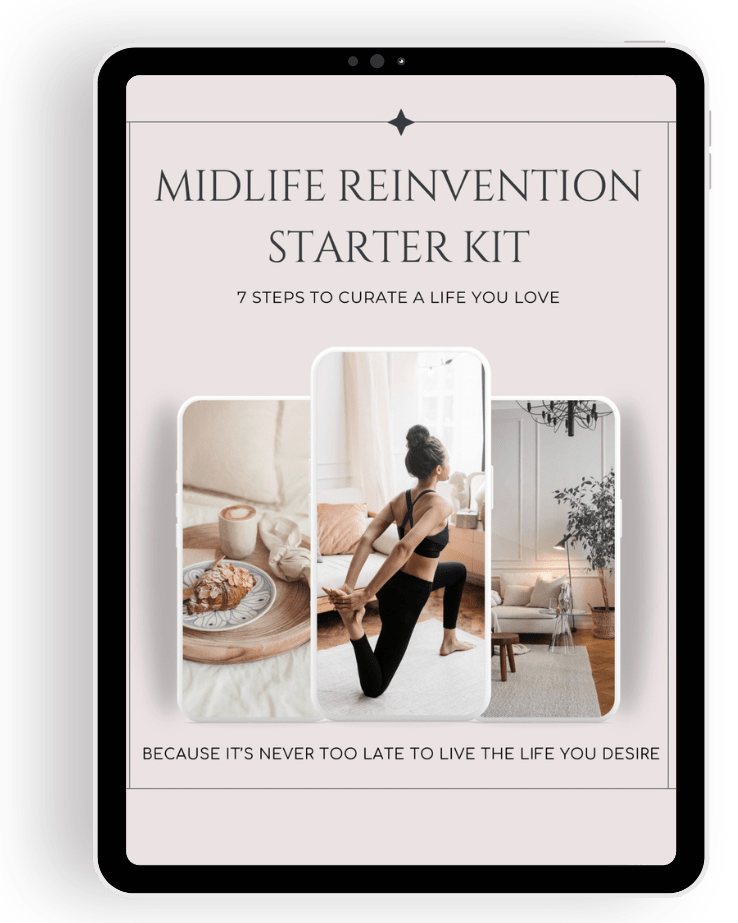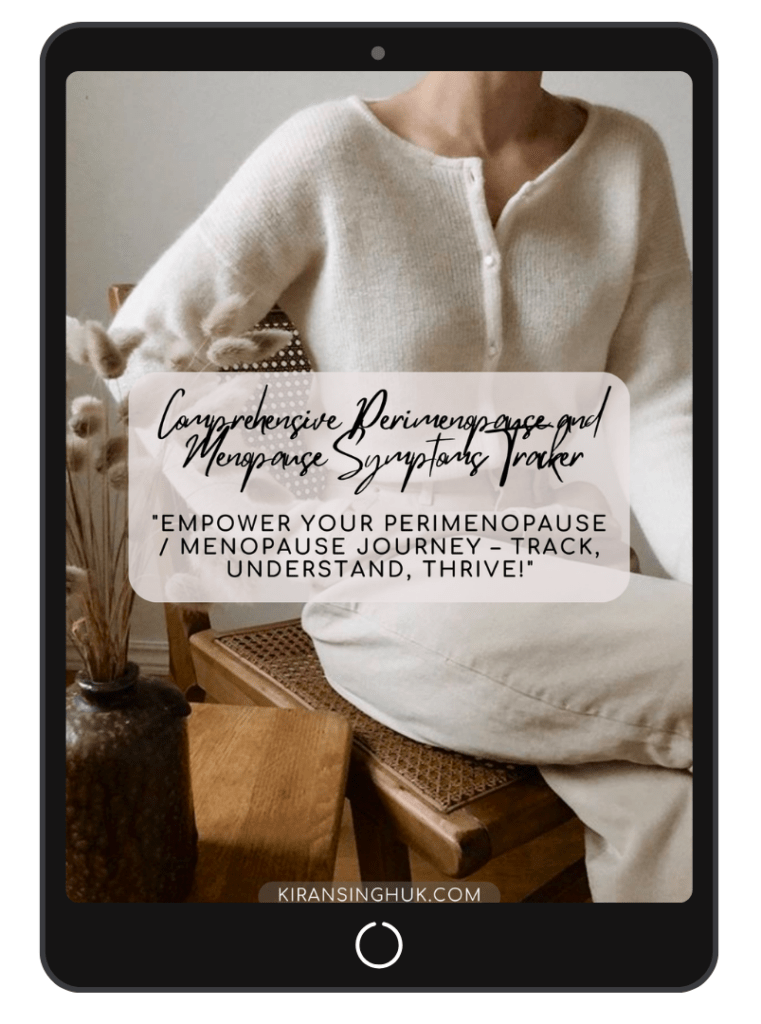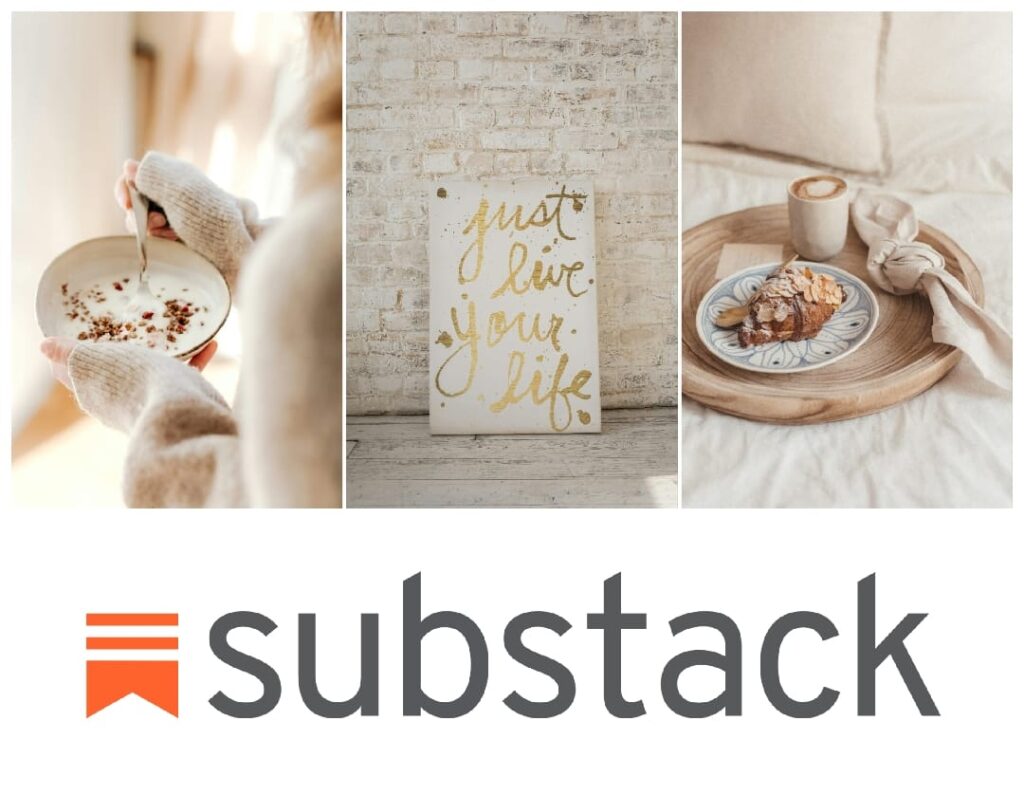The phrase “tidy home, tidy mind” is not just a cliché. It’s a well-founded principle rooted in psychology and neuroscience. Clutter can have a profound effect on both our mental and emotional health. An organised space can promote feelings of calmness as well as resulting in reduced stress and boosted productivity.
In this post, I explain the psychology behind clutter and how it affects us. I’ll also share the benefits of being organised along with some tips on how to organise your home properly. So, let’s dive right in and take a look at how a tidy home really can result in a tidy mind.

The Psychology of Clutter
A cluttered environment can be very overwhelming to the senses and can lead to feelings of stress and anxiety. When a space is cluttered, the brain is constantly bombarded with visual stimuli, and when it is faced with chaotic mess, it can become overwhelmed. This visual overload can trigger the body’s stress response, leading to increased cortisol levels and some physical symptoms such as headaches, fatigue, and difficulty concentrating.
Clutter can increase cognitive load. This is the mental effort required to process information. When our brains are constantly searching for items or trying to make sense of a disorganised space, this can lead to fatigue and decreased concentration. It can also contribute to feelings of frustration and overwhelm as we struggle to find what we are looking for and struggle to complete tasks efficiently.
Clutter can be associated with negative emotions such as guilt, shame, and feeling overwhelmed. These types of emotions can contribute to a sense of anxiety and stress. For example, a cluttered workspace may make us feel a lack of organisation or may make us feel guilty about our procrastination. Equally, a cluttered bedroom may make us feel ashamed of our messy habits and may cause anxiety that can lead to more disrupted sleep.

The Benefits of Organisation
Many benefits come with living in an organised and tidy home. Below is a list of the main benefits of avoiding clutter and keeping a tidy home:
- Reduced stress and anxiety – A clutter-free environment can help reduce feelings of stress and anxiety by decreasing the visual overload and cognitive load. When our surroundings are organised, our brains can process information more efficiently. This can then reduce the likelihood of feeling stressed or overwhelmed.
- Improved mood – Organising your home can boost your mood and sense of well-being. The act of decluttering and creating a tidy home space can be empowering and satisfying. It can also give us a sense of accomplishment and control over our environment. This can then boost our self-esteem and confidence.
- Increased productivity – A tidy workspace can help you to focus and be more productive. When your environment is organised, it is much easier to find what you need when you need it and to avoid distractions. This can lead to increased efficiency and a greater sense of accomplishment.
- Better sleep – A clean and organised bedroom can promote much better sleep quality. A cluttered bedroom can be a source of anxiety and stress. This can make it more difficult for you to relax and fall asleep. When we have a tidy bedroom, can create a more peaceful and calming atmosphere that can promote a much more restful sleep.
- Improved relationships – A tidy home can create a much more peaceful and harmonious living environment for everyone. When your home is organised, it is much easier to maintain a sense of order and avoid conflicts. It can also create a more welcoming and inviting space for guests when they come over to visit.
- Enhanced self-esteem – Organising your home can help to boost your self-esteem. It can give you a sense of accomplishment and control over your environment. When we take the time to care for our surroundings, this can help us feel much more in control of our lives.
- Greater mindfulness – A tidy home can lead to a greater sense of mindfulness. When our surroundings are organised, we are more likely to be present at the moment and appreciate the simple things in life. It can also help us to develop a much greater sense of gratitude and contentment.

Tips for Organising Your Home
Now that we’ve gone over all of the benefits of organising your home, let’s take a look at some of the best ways to go about keeping your home tidy and organised.
Firstly, you want to make sure you start small. Begin by focusing on just a small area, such as a shelf or drawer and sort it out. Get rid of anything you don’t need and tidy up the area. Starting small like this will make the whole task of decluttering seem much less daunting.
It’s also important that you declutter mindfully. Be intentional about what you want to keep and what you want to get rid of. Consider the emotional attachment you have with certain items and whether they truly serve a purpose in your life.
READ MORE: Tips to stay organised | 7 Ways to Keep Your Home Tidy and Organised | List Ideas To Get You Organised
Additionally, it’s a good idea to invest in some great storage solutions. This will help you keep things organised and will allow you to group items so you always know where to find something when you need it. Consider purchasing things such as baskets, containers, or shelves to store items around the home. Walk-in wardrobes can also be a huge lifesaver when it comes to organising, providing you with ample storage for many items and a dedicated space for storing things out of the way of the rest of the home.
To stay on top of keeping your home tidy and organised, it’s a good idea to create a regular cleaning schedule. A regular cleaning routine will help you to maintain your organised space. Even just a few minutes of tidying up each day can make a big difference.
When you are tidying your space, you want to approach the task of organising with mindfulness. Pay attention to your thoughts and feelings when you’re doing it and avoid judging yourself and the state of your home in the process.

Additional Home Organisation Information
When organising and tidying your home, it’s important to consider your values and goals. At the end of the day, your home is your sanctuary, so it’s important to look within yourself. Your organisational style can reflect your values and goals. For example, someone who values minimalism may opt for a more clutter-free approach. Whereas some of the values tradition may be more inclined to keep sentimental items.
Cultural influences may also play a part in home organisation. Cultural norms and traditions can influence how people organise their homes. In some cultures, it is considered important to display family heirlooms and ancestral artefacts, while in others, a more minimalist approach is preferred.
Finally, it’s worth noting that organising your home can have a positive impact on the environment. By decluttering or donating items you no longer need, you can greatly reduce your waste while also supporting local charities.
By understanding the psychological and emotional benefits of organisation, as well as the cultural and environmental implications, you can create a living space that not only looks good but feels good, too.

7 Ways to Keep Your Home Tidy and Organised
- Declutter regularly: Start by decluttering your home. Get rid of anything that you no longer need, use, or love. This will create more space and make it easier to keep your home organised. CHECK OUT: 7 Steps to Declutter Your Home
- Create a cleaning schedule: Set aside time each day or week to clean and organise different areas of your home. This could include vacuuming, dusting, and wiping down surfaces. CHECK OUT: 6 Ways to Simplify Your Cleaning Routine
- Use storage solutions: Invest in storage solutions such as shelves, cabinets, and baskets to help keep your belongings organised. Assign specific places for each item and make sure to return them to their designated spots after use.
- Practice the “one in, one out” rule: For every new item you bring into your home, get rid of one old item. This will prevent clutter from building up and make it easier to maintain an organised space.
- Use labels: Labeling containers, shelves, and drawers can make it easier to find what you need and ensure that everything is returned to its proper place.
- Involve the whole family: Encourage everyone in your household to pitch in and help keep the home tidy and organised. Make it a fun activity by setting goals and offering rewards.
- Stay on top of it: Finally, don’t let things pile up. Deal with messes as soon as they happen and stay consistent with your cleaning and organising routine.
Journal prompts to help you explore the connection between home organisation and well-being:
- Emotional Clutter: What emotions or memories are associated with the physical clutter in your home? How might decluttering these items impact your emotional state?
- Mind-Body Connection: How does a clean and organised environment make you feel physically? Does it affect your energy levels, sleep quality, or overall health?
- Productivity Boost: How does a tidy workspace affect your productivity and focus? Are there specific areas of your home that, when organised, significantly improve your ability to work or study?
- Stress Reduction: In what ways does clutter contribute to stress and anxiety? How can decluttering and organising help to reduce these feelings?
- Self-Care Rituals: How can creating a serene and organised home environment support your self-care practices? Are there specific areas where you can incorporate calming elements or rituals?
- Mindful Decluttering: What emotions arise as you declutter? Are there any items that hold sentimental value? How can you approach these items mindfully and respectfully?
- Healthy Habits: How can organising your home support healthier habits, such as cooking nutritious meals or getting regular exercise? READ MORE: How to break unhealthy lifestyle habits
- Creativity and Inspiration: Does a clean and organised space spark creativity? Are there any areas of your home where you could create a dedicated creative space?
- Relationships and Harmony: How does a tidy home impact your relationships with others? Does it create a more peaceful and harmonious environment?
- Future Vision: How do you envision your ideal home environment? What steps can you take to create a space that supports your long-term goals and aspirations?
Final Thoughts
Taking the time to organise your home isn’t just about creating a picture-perfect space. It is also about investing in your well-being and creating a sanctuary that reflects your values and supports your mental and emotional health. The benefits of a tidy home extend far beyond aesthetics, leading to a calmer mind, increased productivity and a greater sense of peace.
Remember, the journey towards a tidy home is a process, not a destination. Start small, declutter mindfully, and embrace the sense of accomplishment that comes with creating a space that truly works for you. By understanding the science behind clutter and the positive impact of organisation, you can transform your home into a haven of relaxation, creativity, and well-being.


Feel free to sign up to my Friday Morning Love Note HERE! This isn’t just a newsletter - it’s your invitation to pause, reflect, and realign with you. Every week, we’ll journey together to uncover the small, meaningful shifts that will help you design a life that feels uniquely and beautifully yours. Each week, I’ll deliver fresh intentions, uplifting tips, and simple shifts to inspire purposeful, creative living.




